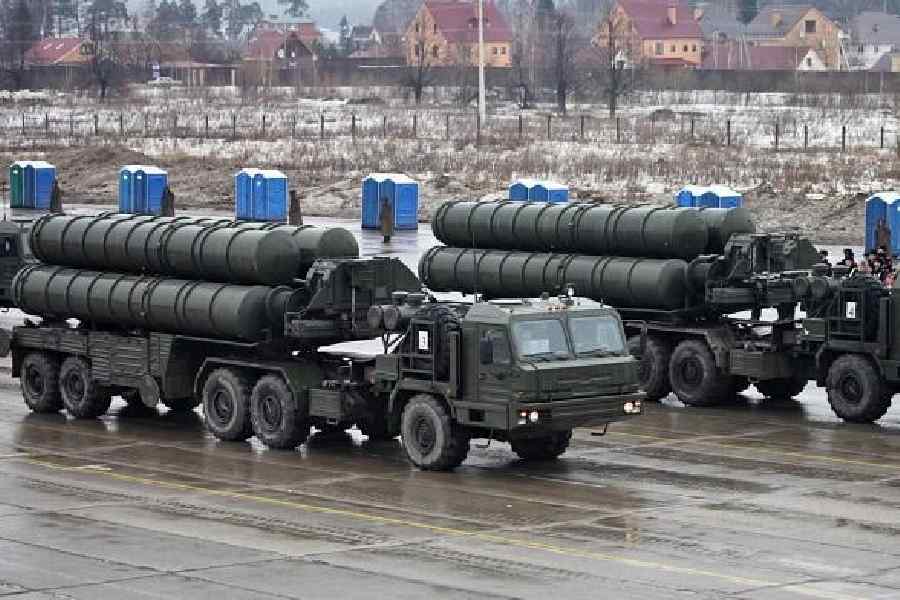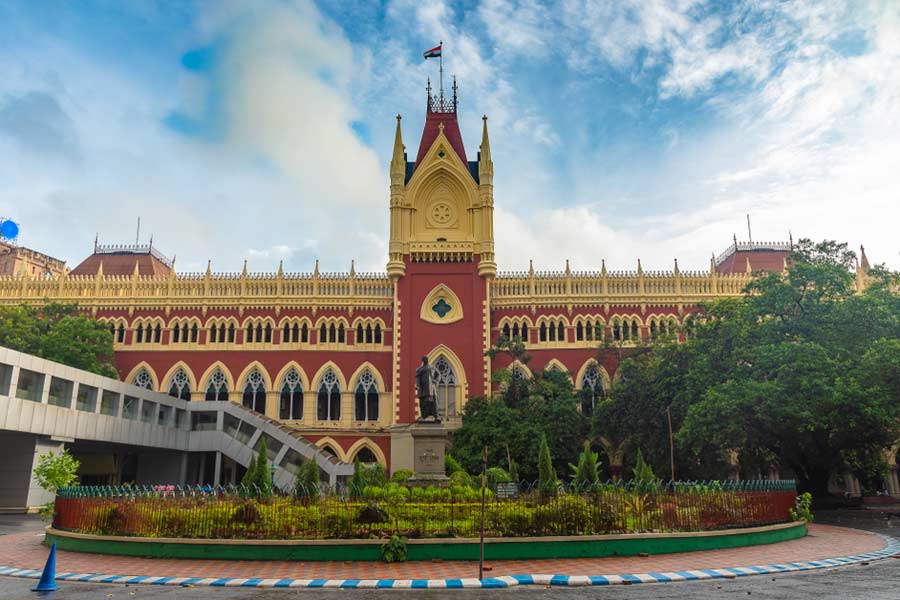The US is sending an aircraft carrier group to the Middle East ahead of schedule and warning that Iran and it's proxy forces are showing 'troubling and escalatory' indications of a possible attack on American forces in the region.
Exactly what prompted the action is unclear, but it's a further step in sharply rising tensions between the Trump administration and the Islamic Republic.
National Security Adviser John Bolton said Sunday night that the US was deploying the USS Abraham Lincoln Carrier Strike Group and a bomber task force to the Middle East, intending to send a message that 'unrelenting force' will meet any attack on American forces or allies.
'The United States is not seeking war with the Iranian regime, but we are fully prepared to respond to any attack, whether by proxy, the Islamic Revolutionary Guard Corps or regular Iranian forces,' he said.
Neither Bolton nor other officials would provide any details about the supposed threat, which comes as the Trump administration wages what it has called a 'maximum pressure' campaign against Iran and nearly a year to the day after it withdrew from an Obama-era nuclear deal with Tehran.
The request would get the Abraham Lincoln carrier group into the Middle East about two weeks earlier than initially planned following exercises in the Mediterranean region, according to the defence official, who spoke on wasn't authorized to speak publicly so spoke on the condition of anonymity.
For years, the US maintained a carrier presence in the Persian Gulf and Middle East region. During the height of the wars in Iraq and Afghanistan, there were two carriers in the area, but that was reduced to one.
Last year the administration decided to end the continuous carrier presence, and only send a strike group intermittently into the region. The US Navy currently has no aircraft carrier in the Persian Gulf.
Bolton said the US wants to send a message that 'unrelenting force' will meet any attack on US interests or those of America's allies.
'The United States is not seeking war with the Iranian regime, but we are fully prepared to respond to any attack, whether by proxy, the Islamic Revolutionary Guard Corps or regular Iranian forces,' he said.
Along with the Lincoln, Bolton mentioned 'a bomber task force,' which suggested the Pentagon is deploying land-based bomber aircraft somewhere in the region, perhaps on the Arabian Peninsula.
Speaking to reporters while flying to Europe, Secretary of State Mike Pompeo said the actions undertaken by the US had been in the works for a little while.
'It is absolutely the case that we have seen escalatory actions from the Iranians and it is equally the case that we will hold the Iranians accountable for attacks on American interests,' Pompeo said. 'If these actions take place, if they do by some third-party proxy, a militia group, Hezbollah, we will hold the Iranian leadership directly accountable for that.'
Asked about 'escalatory actions,' Pompeo replied, 'I don't want to talk about what underlays it but make no mistake, we have good reason to want to communicate clearly about how the Iranians should understand how we will respond to actions they may take.'
Asked if the Iranian action were related to the deadly events in Gaza and Israel — militants fired rockets into Israel on Sunday and Israel responded with airstrikes — Pompeo said, 'It is separate from that.'
The Trump administration has been intensifying a pressure campaign against Iran.
Last month, President Donald Trump announced the US will no longer exempt any countries from US sanctions if they continue to buy Iranian oil, a decision that primarily affects the five remaining major importers: China and India and US treaty allies Japan, South Korea and Turkey.
The US also recently designated Iran's Revolutionary Guard as a terrorist group, the first ever for an entire division of another government.
Trump withdrew from the Obama administration's landmark nuclear deal with Iran in May 2018 and in the months that followed, reimposed punishing sanctions including those targeting Iran's oil, shipping and banking sectors.
Bolton and Pompeo have in recent months spoken stridently about Iran and its 'malign activities' in the region.


